

2018-05-23 09:41:00 Wed ET
stock market gold oil stock return s&p 500 asset market stabilization asset price fluctuations stocks bonds currencies commodities funds term spreads credit spreads fair value spreads asset investments
Many U.S. large public corporations spend their tax cuts on new dividend payout and share buyback but not on new job creation and R&D innovation. These public corporations channel $1 trillion onshore and offshore cash stockpiles into dividend and share buyback programs. For instance, Apple expects to spend $100 billion cash on share repurchases from mid-2018 to early-2020. Cisco spends $25 billion on share buyback, and Wells Fargo plans $22 billion share purchases. Google also expects to spend about $9 billion on dividend payout and share buyback in order to boost its near-term stock price prospects. Pepsi, AbbVie, and Amgen collectively spend $35 billion on share repurchases for better shareholder value maximization. Visa and eBay plan to initiate similar dividend and share buyback programs over the next couple of years.
Overall, these public corporations seem to view Trump tax cuts are temporary cash windfalls but not permanent cash gains. These companies initiate cash dividends and share repurchases for immediate shareholder gratification. It is thus less clear whether Trump tax cuts serve as permanent income boosts that can help revive real economic output, employment, capital investment, or R&D innovation etc.
If any of our AYA Analytica financial health memos (FHM), blog posts, ebooks, newsletters, and notifications etc, or any other form of online content curation, involves potential copyright concerns, please feel free to contact us at service@ayafintech.network so that we can remove relevant content in response to any such request within a reasonable time frame.
2025-06-05 00:00:00 Thursday ET
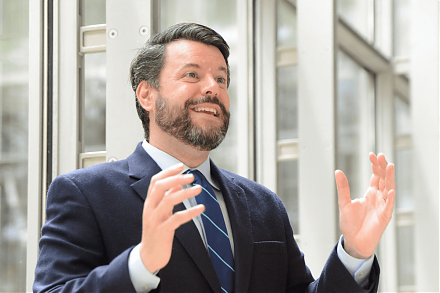
Former New York Times team journalist and Pulitzer Prize winner Charles Duhigg describes, discusses, and delves into how we can change our respective lives
2019-01-02 06:28:00 Wednesday ET
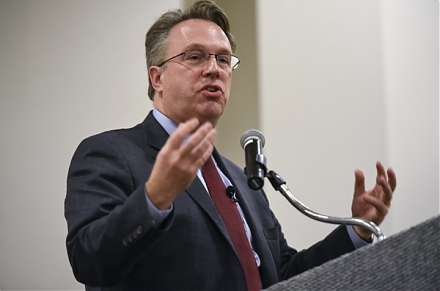
New York Fed CEO John Williams listens to sharp share price declines as part of the data-dependent interest rate policy. The Federal Reserve can respond to
2023-04-07 12:29:00 Friday ET
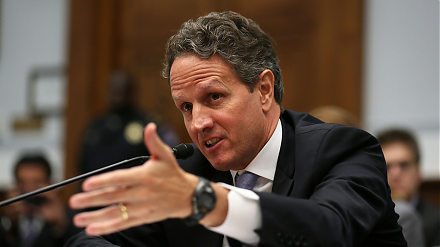
Timothy Geithner shares his reflections on the post-crisis macro financial stress tests for U.S. banks. Timothy Geithner (2014) Macrofinanci
2018-11-01 08:36:00 Thursday ET
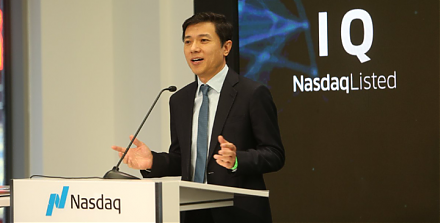
Ford and Baidu team up to test autonomous cars in China. For the next few years, Ford and Baidu plan to collaborate on the car design and user acceptance te
2018-03-27 07:33:00 Tuesday ET
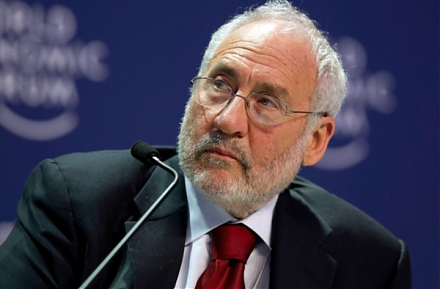
CNBC's business anchorwoman Becky Quick interviews Nobel Laureate Joseph Stiglitz on the current trade war between America and China. As America imposes
2018-09-29 12:39:00 Saturday ET
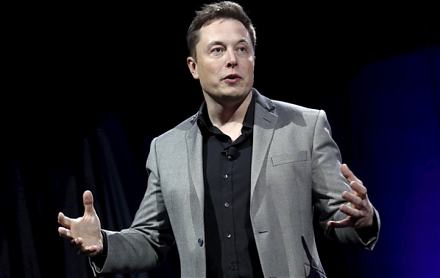
The Securities and Exchange Commission (S.E.C.) sues Elon Musk for his August 2018 tweet that he has secured external finance to convert Tesla into a privat